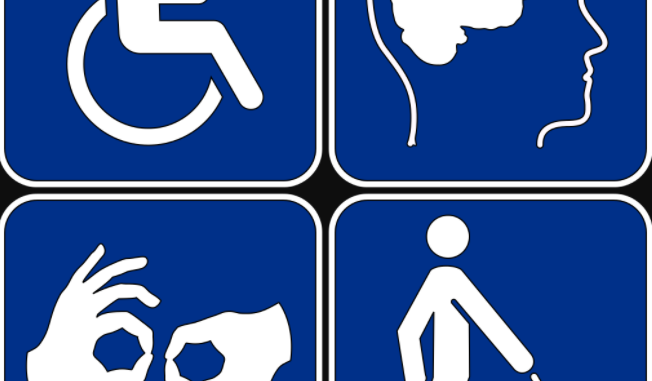
According to the Centers for Disease Control (CDC), about 17% of children aged between three to 17 have a developmental disability and 61 million adults in the U.S. live with a disability in some form. Yet, those living with these disabilities are outcast and mocked rather than included in our society.
An example of this on the national level was when President Donald Trump mocked New York Times reporter Serge Kovaleski in 2015. Kovaleski has arthrogryposis, which is a medical term used to describe a variety of conditions causing stiff joints and abnormally developed muscles. Trump can be seen mocking the reporter’s disability by flailing his arms and imitating the reporter’s voice.
This incident involving Trump has been proved true and fact-checked by Politifact, which is owned by the non-profit Poynter Institute for Media Studies.
Whether you agree with Trump’s policies or not, this culture critique is not about him. It’s about how we treat disabled people in our society. Disabled people deserve better treatment in our country and that goes way beyond just being kind to them and not using the R-word.
People who suffer from intellectual disabilities are seven times more likely to be sexually assaulted compared to those without disabilities, according to an article by NPR.
Although it’s more likely for men and women with intellectual disabilities to be victims of sexual assault, they are pretty much erased from the conversation.
People with disabilities are at an economic disadvantage in our country as well.
According to the U.S. Census, disabled workers make 87 cents for every dollar a non-disabled person makes, even for working the same job. The most common jobs for disabled people are cleaning buildings, driving trucks, cashier work and retail.
This wage gap is a form of oppression against the disabled population because if they’re qualified enough to do the work, why would they be paid any less?
Additionally, disabled Americans are two times more likely to slip into poverty and two times more likely to be unemployed compared to their non-disabled counterparts.
Our culture could do a lot more for the disabled community from advocating for public policies that help them to just simply keeping them in mind when we talk about social injustice.

